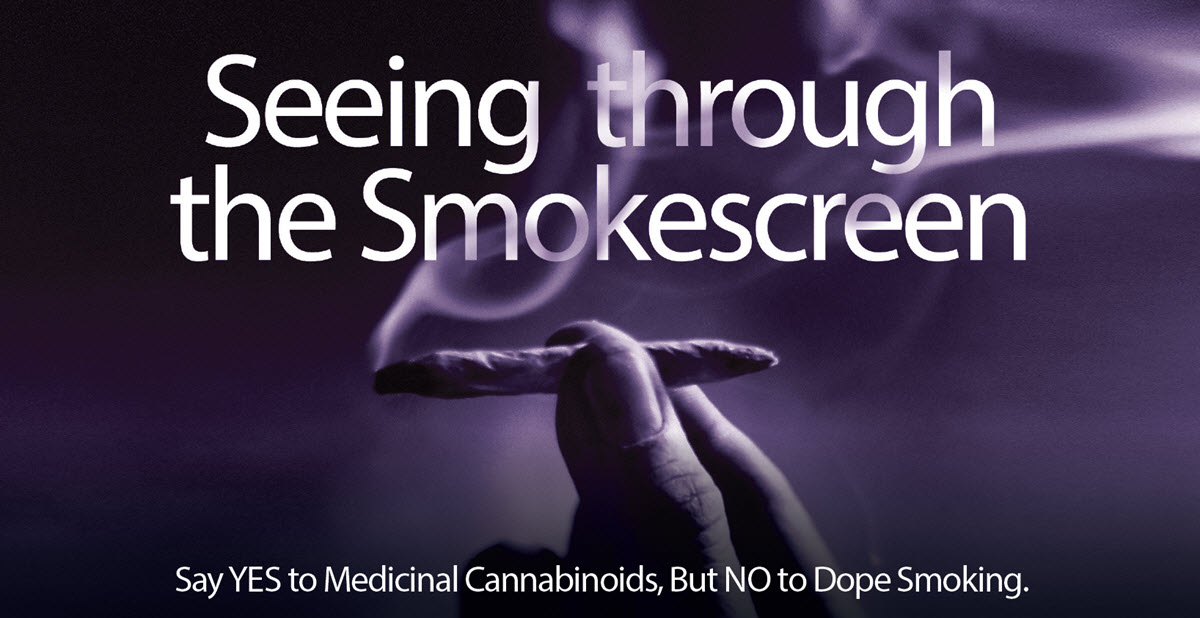
Springer Link 15 March 2021
Across Europe, cannabis has become the drug most likely to cause people to seek out addiction treatment, and a recent survey of drug related emergency department attendances across 27 sentinel hospitals in 19 European countries found that cannabis was the drug most likely to precipitate such attendances, surpassing drugs such as cocaine and heroin.
Sadly, this significant and escalating public health crisis related to cannabis use in Ireland has received remarkably little attention. The national conversation has been unhelpfully dominated by the campaign which has pushed for cannabis to be recognized as a “medicine.” Such campaigns soften up public opinion toward cannabis and cause confusion among young people about cannabis-related risks. Apart from the use of cannabidiol in the treatment of severe forms of childhood epilepsy, the evidence that cannabis related products have therapeutic properties is extremely weak. A recent scoping review of 72 systematic reviews found no good evidence that cannabis-related products have therapeutic efficacy for management of pain, spasticity, or nausea and vomiting and indeed found that they may be more likely to produce adverse effects. A systematic review of cannabis-related products for treatment of mental health conditions found no convincing evidence for efficacy.
Despite the lack of scientific evidence for efficacy, chronic pain is by far the most common reason for dispensing of cannabis-based products in other countries, In addition, campaigners will demand an end to the current restriction which limits “prescribing” to specialists as the experience in Canada and elsewhere was that most doctors did not wish to prescribe plants such as cannabis. The regime in Canada became so loose after decades of campaigning and litigation that any doctor could recommend these products to any patient for any reason.
There is a need for the Department of Health to reclaim the narrative on cannabis, and to avoid “own goals” such as calling it “medical” or “medicinal.” The medical profession should involve themselves more in this discourse and ensure that the drug policy in Ireland is truly health-led in practice.
READ MORE: https://link.springer.com/article/10.1007/s11845-021-02570-x
